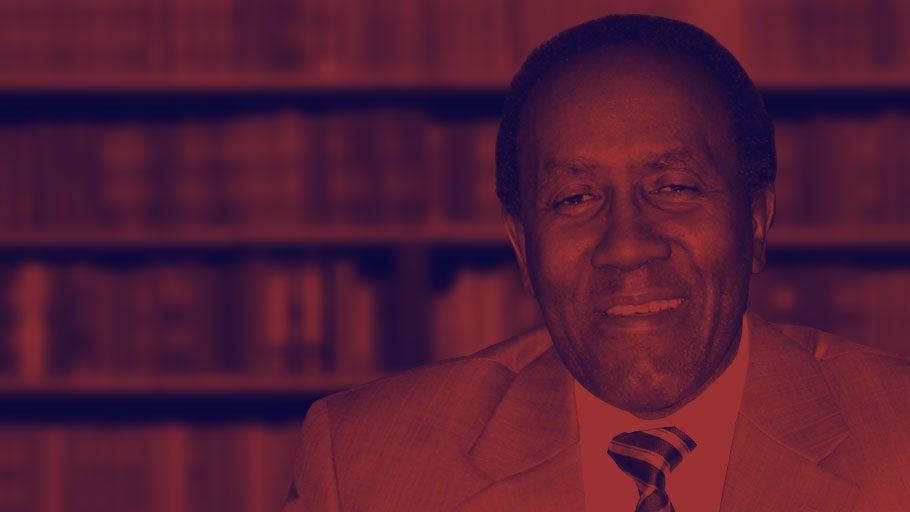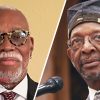For Carib News 9/15/16
Secretary of State, John Kerry and his Russian counterpart, Sergei Lavrov, have chiseled out a tentative ceasefire that began Monday, September 12 and if the ceasefire holds, more talks will be held to find a political solution to the bloody civil war in Syria. The war has displaced over 5 million Syrians and precipitated a refugee crisis in Europe.
Vladimir Putin, the President of Russia, has moved aggressively to prop up the Syrian dictator, Bashir-al-Assad. The Russians and Syrians have bombed civilian targets indiscriminately and have found themselves bogged down in a way similar to the situation in the 1980s in Afghanistan. Then the Soviet Union supported a coup d’etat that brought the tiny Communist Party of Afghanistan to power.
Interestingly in this conflict, Pakistan and the United states supported the mujahedeen. In a predominantly Muslim country, communist ideology was repugnant to most Afghans and the Soviets were forced to abandon their propped up proxy state and the mujahedeen Taliban were able to seize control of Afghanistan. Despite the United States support, the Taliban turned against western powers and used Kabul as a staging area for the Al Queda’s brand of terrorism. Bin Laden used that haven to launch the terrorist attacks on the World Trade Center and the Pentagon on September 11, 2001.
In retaliation, the United States invaded Afghanistan and sent the Taliban into the mountains adjacent to Pakistan and Afghanistan. That war seems unending as the Taliban has shown that they are a resilient guerilla force and continues to wreck havoc in that troubled Islamic country.
The situation in Syria is even more complex than Afghanistan. The Syrian civil war is complicated by multiple external forces and variegated internal forces. Not only Russia but Iran as a Shiite power and Hezbollah of Lebanon have sent troops to Damascus to put down the Sunni uprising.
The United States, learning the lessons from their support for the mujahedeen in Afghanistan, has proceeded gingerly in determining which Syrian faction opposed to Assad to support. Al Queda, Al Nuestra and an array of freedom fighters are an integral part of the kaleidoscopic civil war. ISIS’s capital, Roqua, is in Syria and ISIS is part of the hydra-headed civil war.
The Kurds who have been fighting for their own independence since World War 1 have also been involved in efforts to drive out ISIS from Syria. There are Kurds in Syria, in Turkey and in Iraq. The Government of Turkey are themselves at war with Kurdish forces within Turkey. The Turks are also busy fighting ISIS. Wars in the Middle East are highly complicated. The United States, even though having national security interests, has to be careful that it does not get bogged down in an unwinnable hundred years war in the Middle East.
The National Security event held on September 7, 2016 in New York featured former Secretary of State, Hillary Clinton and the billionaire builder, Donald J. Trump. Despite the moderator’s ineptitude, Trump’s half hour clearly demonstrated that he did not have the knowledge or the experience to deal with the national security challenges facing the United States.
In his response to questions, Trump who claimed he knew more about ISIS than the Generals and had a secret plan to defeat ISIS, disclosed that immediately on taking the Office of the Presidency, he would summon his Generals to develop a plan in thirty days as to how to defeat ISIS. Trump had previously stated that he would bomb the hell out of ISIS, and that he would re-introduce water boarding and replicate the barbarism of ISIS. Trump never mentioned the multitude of other forces engaged in the Syrian civil war.
He further displayed his ignorance by arguing that ISIS would not have emerged as a powerful terrorist network if the United States had seized control of the oil fields in Iraq. That would not only be a violation of international law but logistically impossible unless America wanted to re-occupy Iraq with 500,000 troops. That kind of naked imperialism is unquestionably anachronistic.
The days when America could control events in the world have long since passed. In the early twentieth century, the United States government could use marines to bully the countries of the western hemisphere. That kind of gunboat diplomacy is unworkable in the contemporary world.
The world has become multi-polar with new powers rising like China, Brazil, India, Iran and Saudi Arabia. America is still the greatest military power in the world but as we have seen in Iraq, in Syria and in Afghanistan, there is a limitation in the use of military power. Military power must be used judiciously if the United States is to advance its national security interests in the Middle East, in Asia and in Europe.
Quite bewildering, Trump has had this romance with the Russian President, Vladimir Putin. The billionaire builder naively argues that Putin is not a threat to western national security interests in Eastern Europe and in the Baltics. Putin, an old KGB operative, has used compliments to tap into Trump’s uncontrollable narcissistic instincts.
Trump has been campaigning for more than fourteen months but he has not grown intellectually as a candidate. Recently, he has been given scripted speeches and using a teleprompter. But in unscripted settings, he has demonstrated that he lacks the knowledge to make intelligent decisions in foreign affairs.
The polls have tightened nationally and in battleground states. Formerly red states like Arizona and Georgia are toss-ups for the 2016 elections. Trump’s performance on September 26 when they hold the first debate will make or break his candidacy. If Trump’s performance mirrors the performance in the National Security event, it will mean curtains for his candidacy.















